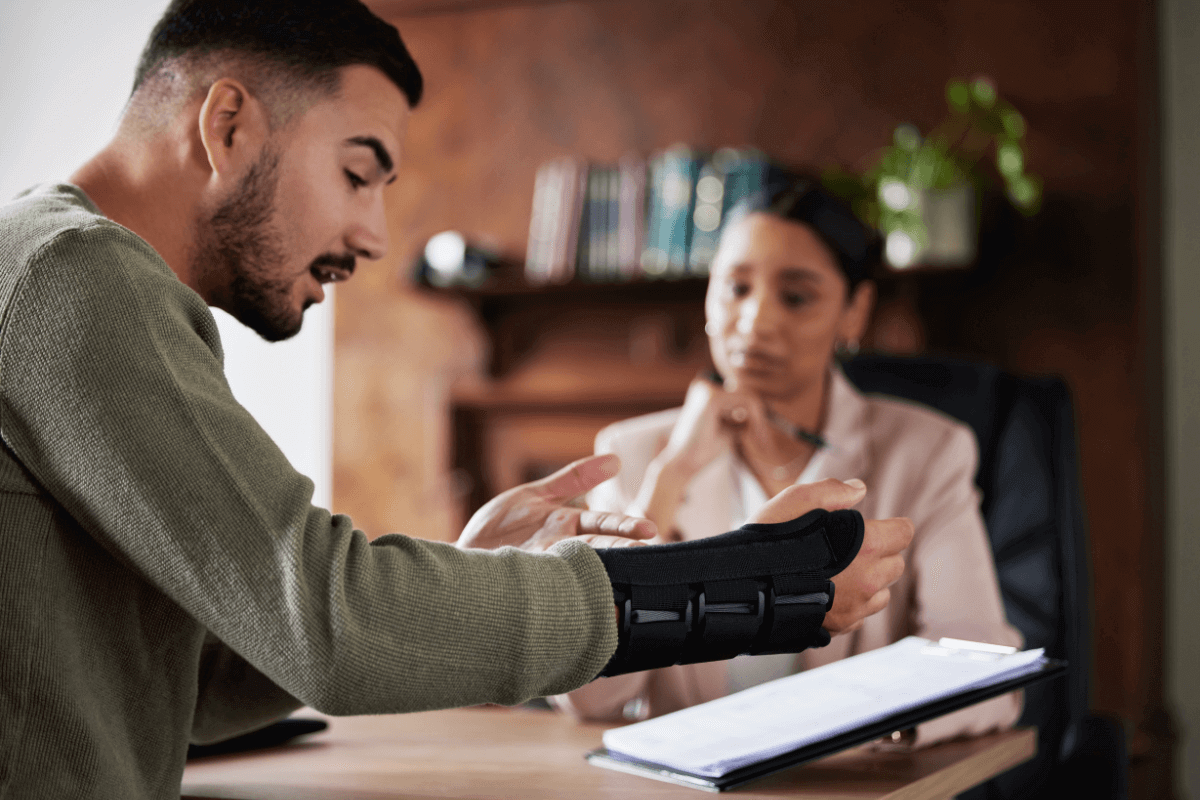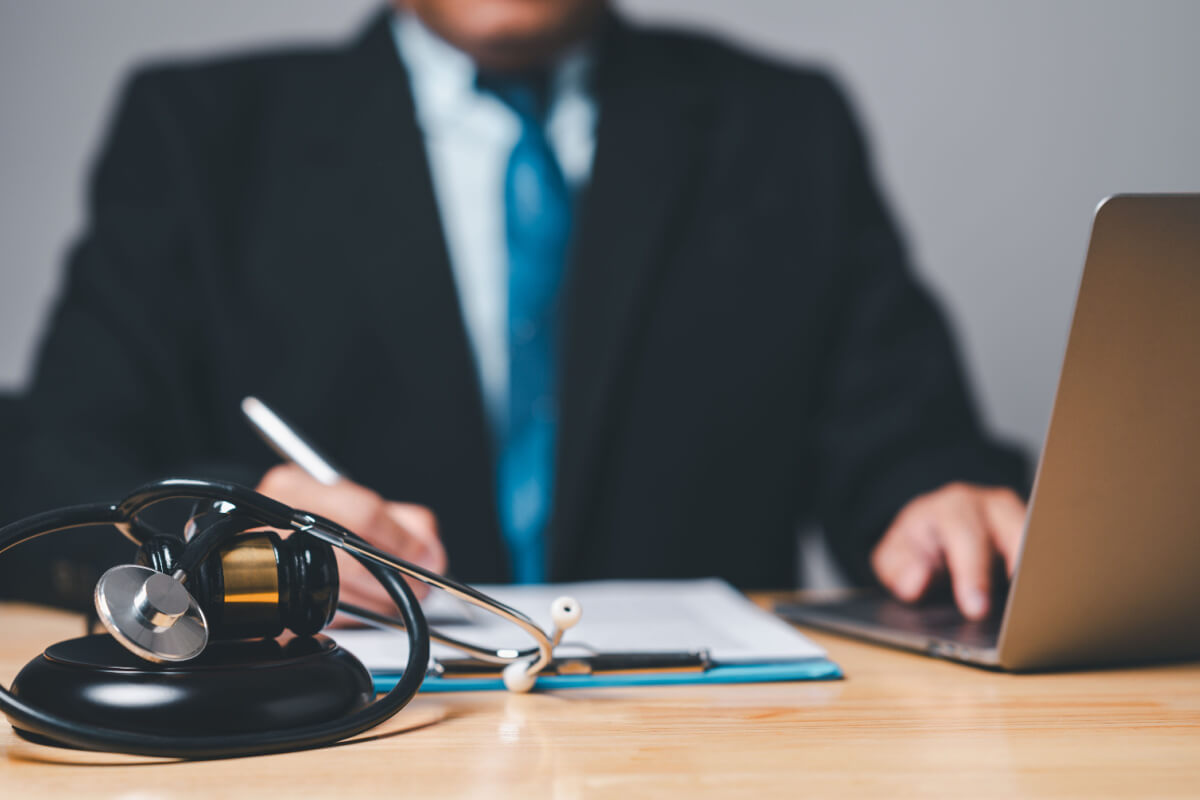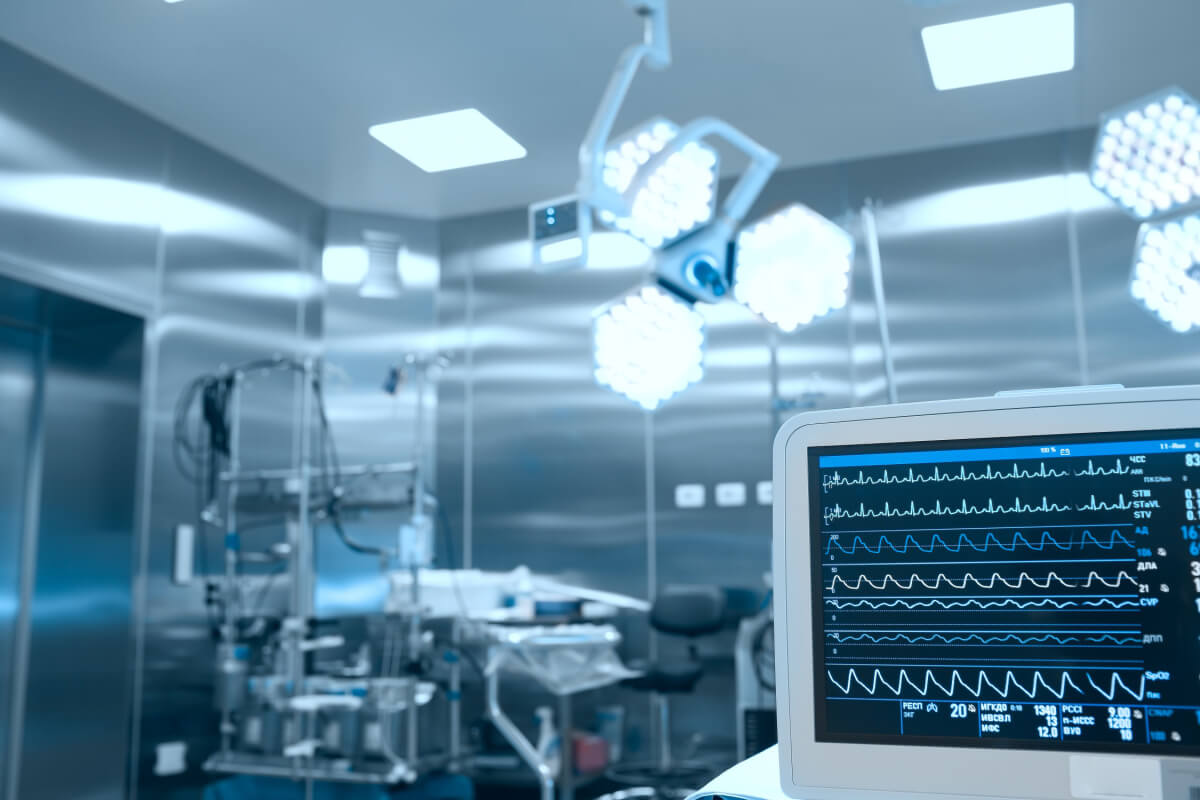
Partner at AKD Lawyers
Practice Areas: Personal Injury, Insurance Claims
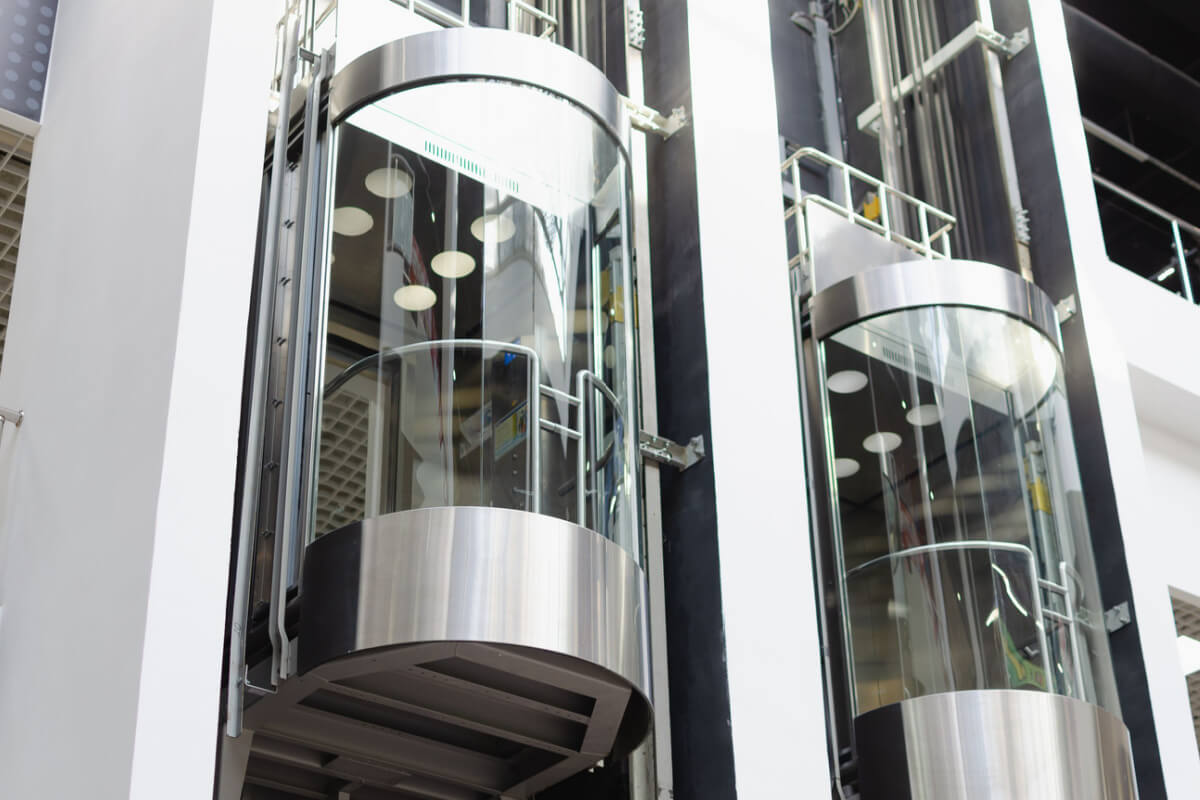
Elevators and escalators are part of everyday life in Louisiana, especially in larger buildings like malls, hotels, and apartment complexes. While most people use them without a second thought, accidents involving these devices can and do happen. These incidents often lead to serious injuries—and when they do, it’s essential to understand your legal rights.
In this guide, we explain how premises liability works in Louisiana, what causes these types of accidents, and what you should do if you’ve been injured on someone else’s property.
What Is Premises Liability?
Premises liability is a legal rule that holds property owners or managers responsible when someone gets injured due to hazardous conditions on their land. In Louisiana, this includes elevators and escalators inside commercial buildings, office complexes, or even residential spaces.
Under Louisiana Civil Code Article 2317.1, a property owner can be held liable for damages caused by a defective thing in their custody if they knew or should have known of the defect and failed to correct it.
This means the building owner—or, in some cases, the property management company—must ensure the elevator or escalator is safe to use. If they don’t, and someone gets hurt, they could be held legally responsible.
Common Causes of Elevator and Escalator Accidents
Elevator Accidents
Elevators are complex machines that require regular inspection and upkeep. Common issues include:
- Sudden drops due to cable or brake failure
- Doors closing too quickly or not opening properly
- Electrical problems that cause erratic movement or stops
- Malfunctioning buttons or sensors
According to the Consumer Product Safety Commission, elevators and escalators cause about 17,000 injuries in the United States each year.
Escalator Accidents
Escalators may look simple, but they’re also mechanical systems that need proper maintenance. Accidents can happen when:
- The escalator stops or jerks suddenly
- Shoes or clothing get caught in the moving parts
- Surfaces become slippery from spills or debris
- Children or elderly users lose balance due to overcrowding or fast movement
Legal Responsibilities of Property Owners
Property owners in Louisiana have a legal duty to keep renters’ and visitors’ surroundings safe. This includes ensuring that elevators and escalators are inspected, repaired, and operated according to safety standards.
The National Elevator Industry Inc. recommends property owners follow ASME A17.1 Safety Code for Elevators and Escalators to reduce liability risks.
They must also:
- Post warning signs if a device is broken or under repair
- Shut down malfunctioning elevators or escalators until fixed
- Comply with local building codes and national safety laws
- Hire qualified maintenance contractors
Failing to meet these duties can be seen as negligence under Louisiana’s civil code.
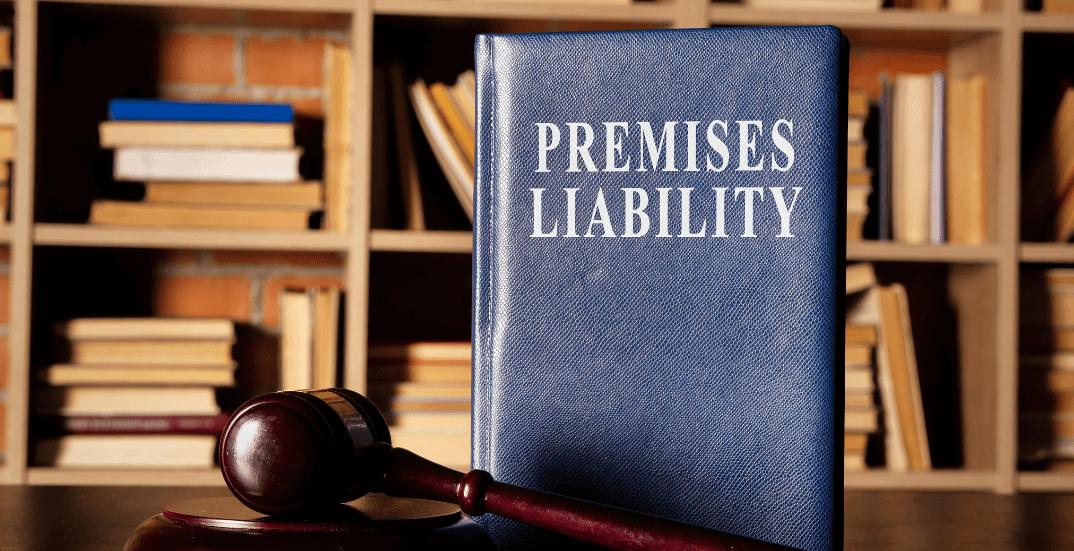
Proving a Premises Liability Claim in Louisiana
To build a strong claim, these four elements must be established:
- Proving the Duty of Care-The property owner had a responsibility to keep the premises safe, including the maintenance of elevators and escalators.
- Showing a Breach-This duty was broken—either because the owner ignored a known hazard or failed to perform regular maintenance.
- Connecting the Breach to the Injury-You must show that this failure directly caused your injury. For instance, a sudden stop on the escalator caused you to fall.
- Documenting the Damage-You’ll need proof of your losses, such as medical records, bills, lost wages, or evidence of pain and suffering.
Louisiana follows a comparative fault system, meaning your compensation may be reduced if you’re found partially at fault for the accident.
What to Do After an Elevator or Escalator Accident
Follow these steps to protect your health, document what happened, and preserve your right to file a claim.
- Seek Medical Attention
- Visit a doctor immediately, even if injuries seem minor.
- Some injuries (like internal or soft tissue damage) may not appear right away.
- Report the Incident
- Notify the property manager, building staff, or security.
- Request that an official incident report be filed.
- Ask for a copy of the report for your records.
- Document the Scene
- Take photos of the area, especially anything broken, malfunctioning, or poorly maintained.
- Capture wide shots and close-ups.
- Collect names and contact info of any witnesses.
- Get Legal Advice
- Contact a personal injury lawyer to understand your rights.
- A lawyer can help determine if you have a valid claim.
- Early legal advice can improve your chances of a successful case.
Common Accident Types and Who May Be Liable

|
Type of Incident |
Common Cause |
Who May Be Liable |
| Elevator Free Fall | Brake failure or cable malfunction | Property owner, maintenance contractor |
| Doors Not Opening | Sensor or timing issue | Property owner |
| Escalator Abrupt Stop | Mechanical failure | Property owner, escalator manufacturer |
| Foot Entrapment | Loose clothing or worn comb plate | Property owner, escalator maintenance firm |
| Slippery Surface | Spills not cleaned up promptly | Property management |
Legal Remedies and Compensation Available
If you’ve been hurt due to someone else’s failure to maintain an elevator or escalator, You might be able to claim premises liability. The law allows victims to pursue compensation for:
- Medical bills
- Lost wages or future earning potential
- Pain and emotional suffering
- Permanent disability or disfigurement
Keep in mind that no two cases are the same. Outcomes depend on facts, evidence, and how quickly you act. An experienced attorney can help you gather what you need and represent your interests if the claim goes to court.
Frequently Asked Questions
Who can be held responsible for an elevator or escalator injury?
A property owner, manager, maintenance company, or even the manufacturer may be liable if their negligence contributed to the incident.
What should I do immediately after an escalator or elevator accident?
Seek medical help, report the incident to the building’s management, document the scene, and consult an attorney as soon as possible.
Can I still file a claim if I was partially at fault?
Yes. Louisiana uses a comparative fault rule. Your compensation may be reduced based on your level of fault, but you can still recover damages.
How long do I have to file a premises liability claim in Louisiana?
Generally, one year from the date of the accident. This statute of limitations may vary depending on the facts, so timely legal advice is essential.
Are there special legal rules for commercial buildings in Louisiana?
Yes. Property owners and managers of commercial buildings must follow state and federal safety codes. Noncompliance may be considered negligence in a lawsuit.
What if the elevator was under repair but not labeled out of service?
Failure to post warning signs or secure the area could be evidence of negligence and strengthen your claim.
Conclusion
Elevator and escalator accidents can lead to serious injuries and life-changing consequences. In Louisiana, property owners have a legal duty to maintain these systems and ensure their safe operation. If they don’t, and someone gets hurt, A premises liability claim may be made against them.
If you’ve been injured in an elevator or escalator accident, it’s essential to act quickly. Seek medical care, document everything, and learn about your legal rights.Contact Alvendia, Kelly & Demarest Law Firm today to schedule your free consultation and learn how they can help you move forward.
Categories

In 2003, after being dissatisfied with the quality of legal care for victims of car accidents, Roderick ‘Rico’ Alvendia sought to establish a new firm focused on providing high-quality legal services to aid injured victims and their families. J. Bart Kelly, sharing Rico’s passion for upholding justice, joined the firm later that year, and established a partnership.




